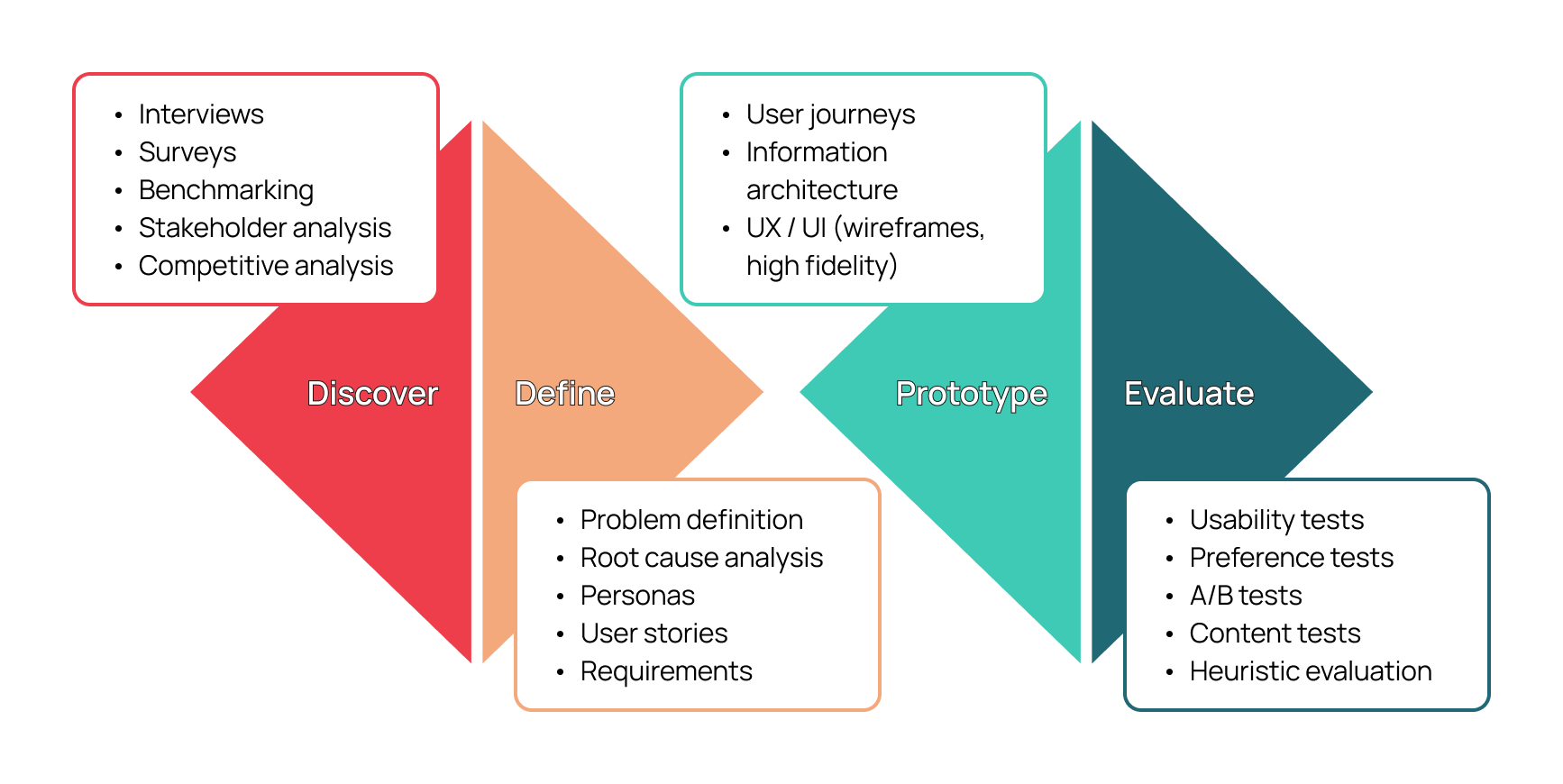Who I am
My professional journey spans continents and industries connected by a simple theme: I view research and design as a process to improve people’s lives.
I am driven by:
Serving others
Engaging with different cultures
Learning and improving
Building community, especially through music, dance, and art
Crafting memorable experiences, from everyday moments to once-in-a-lifetime events
Focusing on impact; I live by what Maya Angelou wrote: ”People will forget what you said, people will forget what you did, but people will never forget how you made them feel.”
Professional strengths
Leading with expertise
Empathizing through discovery
Integrating business and user perspectives
Driving vision and strategy
Communicating essence
Innovating continuously
Exploring Palawan, Philippines
Expert-led, human-centered research and design methods
I balance expertise from subject matter experts, real-world user data, business knowledge, and technical perspectives to drive continuous improvement
“If there is any one secret of success, it lies in the ability to get the other person’s point of view and see things from that person’s angle as well as from your own.”
- Henry Ford
Applying Human Discernment with GenAI Tools
GenAI tools accelerate the early stage design work, but they also highlight why skilled product designers remain essential. The tools reproduce common, generic design patterns. These common patterns may or make not make sense in the context of actual users.
Designers and product owners are still needed to understand users, define real needs, and bring the creativity and judgment that GenAI cannot.
As a designer, I’ve experimented Figma Make, Lovable.dev, and v0.dev to see how they impacted design efficiency and quality. I’ve defined my workflows between these tools, tools that help think-through problem framing and conduct research (e.g., ChatGPT, Claude, Perplexity, Gemini, Vurvey), and tools that help with content generation (e.g., Veo3, Sora, Freepik, Canva).
GenAI Design Pros
Tools speed up idea visualization and increase capacity to iterate/learn quickly.
Tools may hallucinate helpful design detail.
Tools do spacing and alignment perfectly.
GenAI Design Cons
Tools do not follow common accessibility standards.
Tools may produce designs humans would find hard to understand.
Tools make it harder to get the pixel-perfect control you get in Figma or Adobe.
I’m pro-human judgment and control, and pro-applying GenAI to speed up the process.


